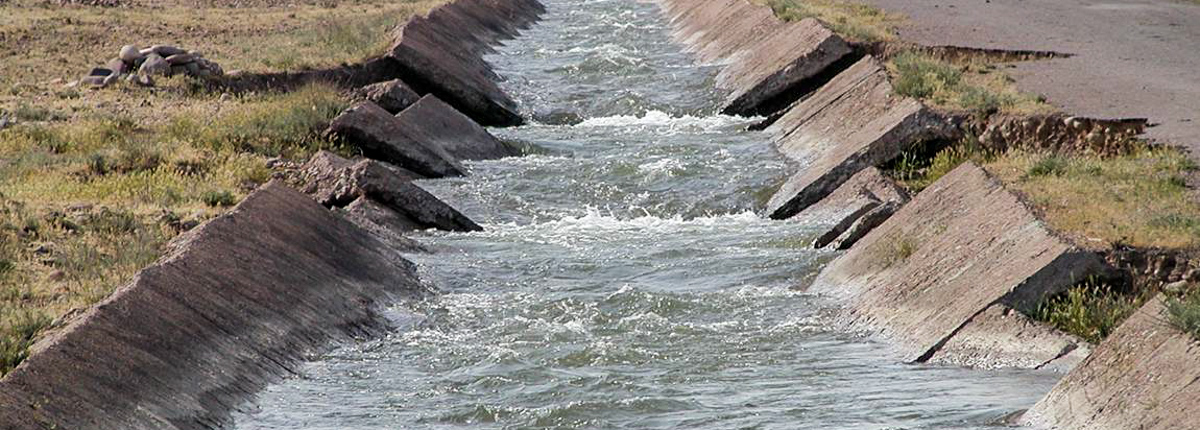Projects
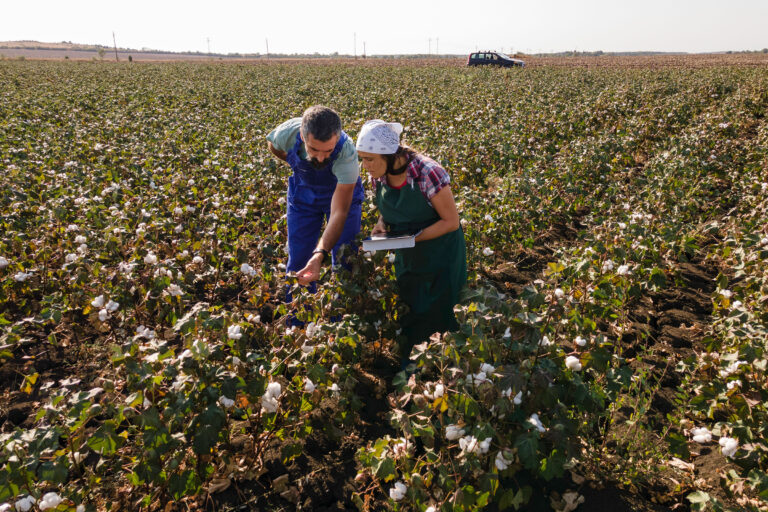
Actions to Strengthen Systems to End Trafficking (ASSET)
The Actions to Strengthen Systems to End Trafficking (ASSET) project, funded by the U.S. Department of State, builds on Winrock’s technical expertise and strong partnership with the government of Turkmenistan and local nongovernmental organizations to accelerate Turkmenistan’s progress in countering trafficking in persons (CTIP) — with a specific focus on eliminating forced labor in the […]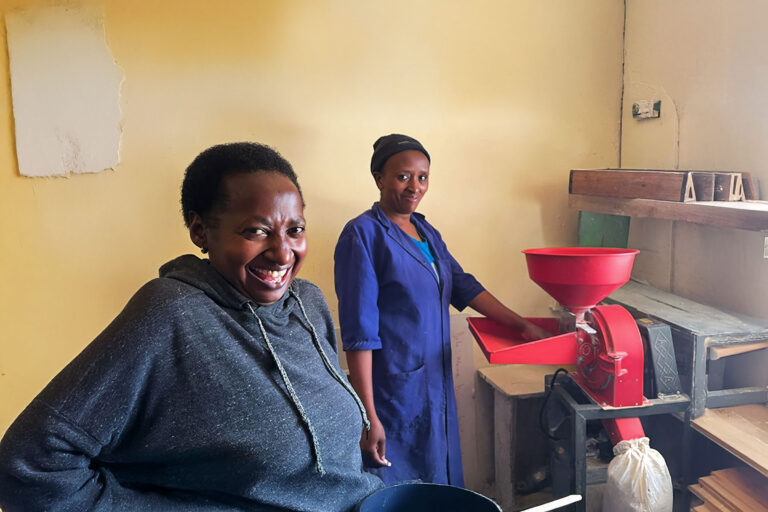
Ethiopia Village Solar Micro-Milling Feasibility Study
The goal of the Ethiopia Village Solar Micro-Milling Feasibility Study is to demonstrate a revenue model for off-grid village solar micro-milling in Ethiopia. Winrock will identify three communities where residents travel long distances to diesel mills, and work with women entrepreneurs to install and operate 1-3 kW solar-powered grain mills. Over six months, the entrepreneurs […]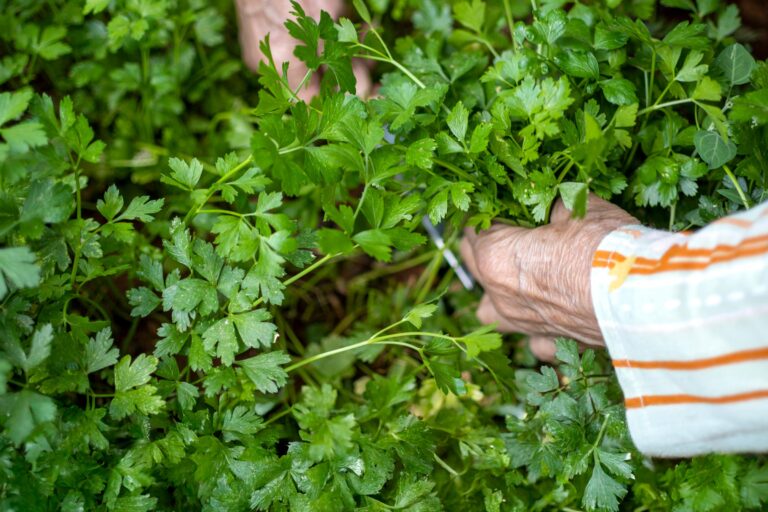
Scope 3 Agricultural-based Raw Materials GHG Outcome Quantification
Winrock International worked with Griffith Foods, a U.S.-based, global developer and manufacturer of customized food ingredients, to coordinate a consolidated Science-Based Targets (SBTs) and Greenhouse Gas Protocol—aligned protocol for quantifying GHG emissions reductions and removals in agricultural raw materials. Winrock prepared a recommended approach to develop a GHG Outcome Quantification Protocol and accompanying guidance to […]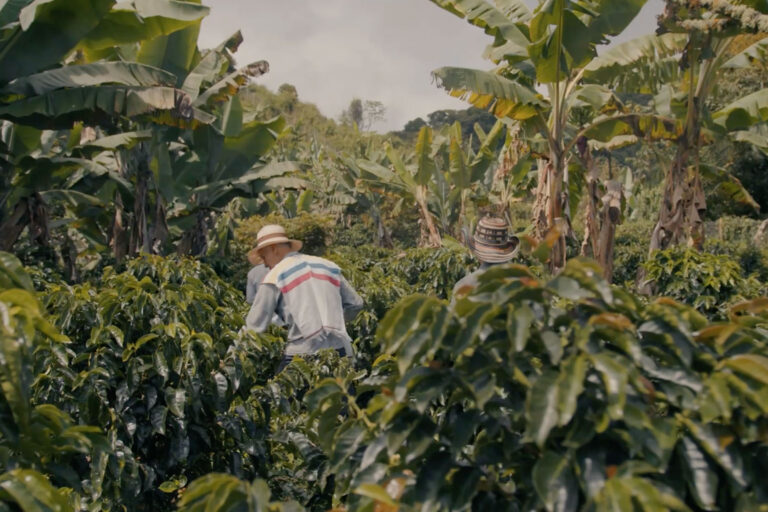
Net Zero Adaptation Finance Project
Funded by the Global Environment Facility and carried out in partnership with the Food and Agriculture Organization of the United Nations, the Net Zero Adaptation Finance project, led by Winrock International, aims to integrate climate change adaptation into net-zero carbon projects. The project focuses on the agriculture, forestry and other land use sector, known as […]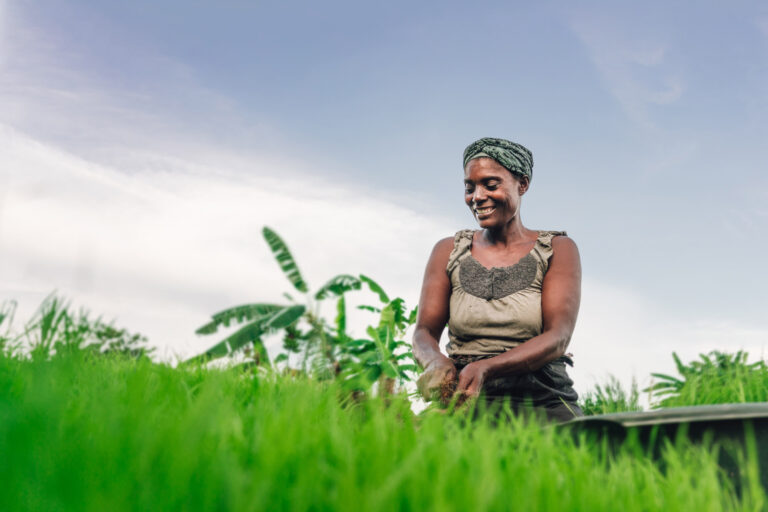
Market Transitions to Enable New Growth Opportunities (MTENGO)
The USDA-funded Market Transitions to Enable New Growth Opportunities (MTENGO) project uses a farmer-first approach grounded in market incentives to increase resource-efficient, reliable agricultural production in Malawi in the face of climate unpredictability. MTENGO, which means both “value” and “foundation” in Chichewa, a language spoken in Malawi, enables farmers to adopt climate smart agriculture and […]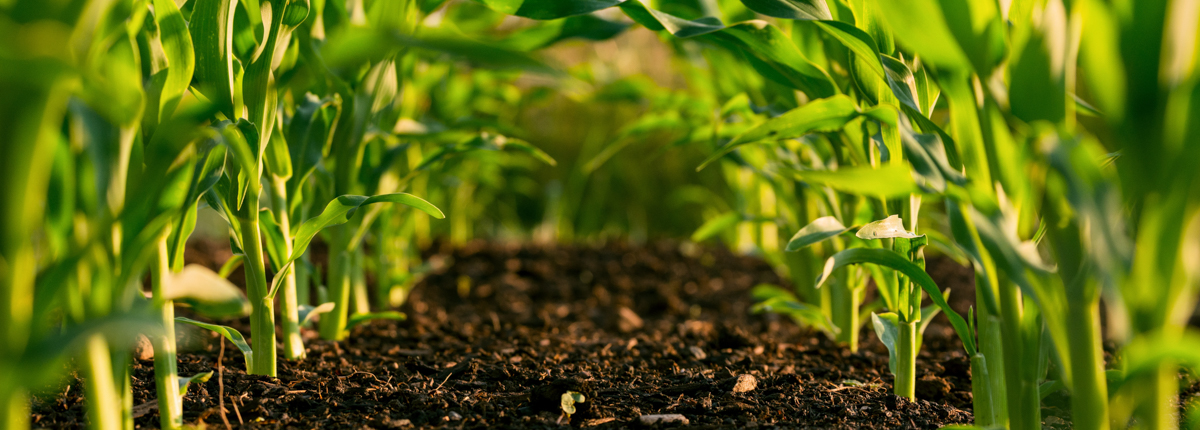
Advancing Organic Agriculture in the Mid-South II
Winrock’s Advancing Organic Agriculture in the Mid-South II project takes a research- and evidence-based approach to generate and share practical information to farmers who are interested in transitioning to, and/or becoming certified organic producers. Focusing on the three mid-Southern states of Arkansas, Missouri, and Tennessee ─ where organic production lags behind much of the rest […]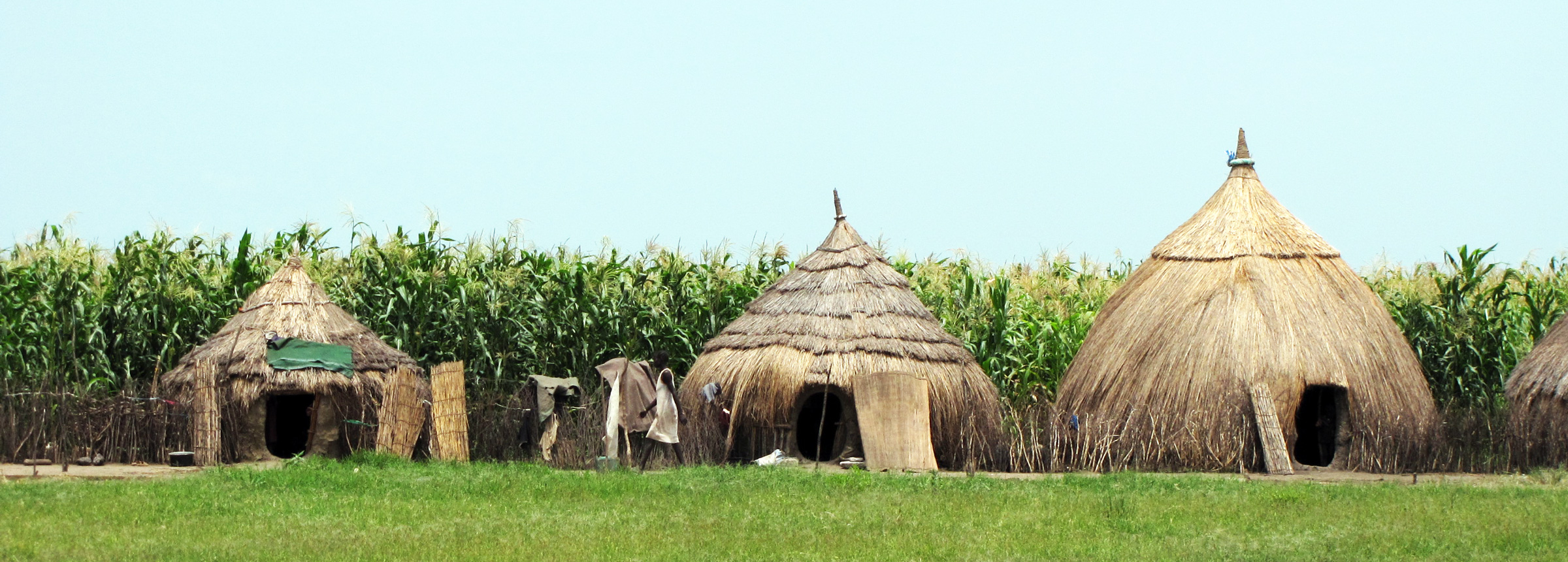
Building Responsibility for the Delivery of Government Services (BRIDGE)
The U.S.-brokered 2005 Comprehensive Peace Agreement between Sudan and Southern Sudan provided for a referendum on secession in 2011, ushering in an era of promise that began officially on July 9, 2011, Independence Day for the new Republic of South Sudan. Before and after independence, Winrock worked with South Sudanese leaders and communities to begin […]
Grazing Public Lands and Cover Crops
Increasing evidence suggests that adaptive grazing offers short- and long-term benefits to land managers, while also improving the ecosystem. Adoption of the practice, however, still faces significant barriers in the Mississippi River Basin. This project builds on the model for grazing on public lands piloted by the Wisconsin Department of Natural Resources, and serves as…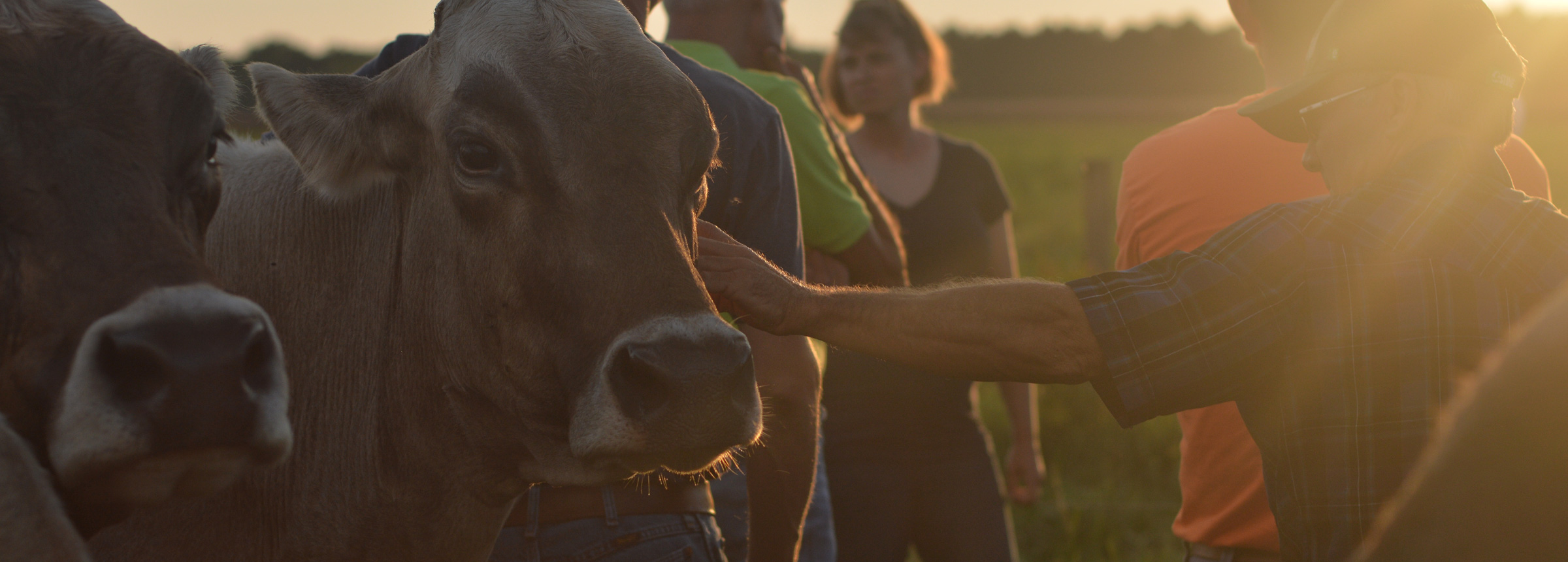
Building a Stronger Vision and Voice for Illinois Regenerative Grazing
The Wallace Center’s Pasture Project is working with diverse partner organizations, networks, and farmer leaders in Illinois—one of the nation’s largest commodity crop producers and a significant source of agriculture pollution—to develop a shared strategy for expanding regenerative grazing throughout the state. The project’s approach is rooted in the active engagement of farmer-to-farmer networks to…